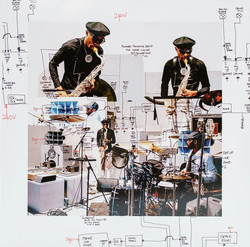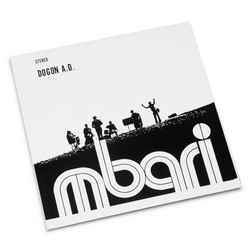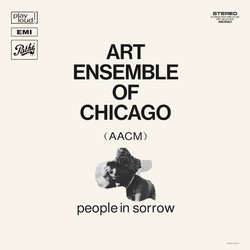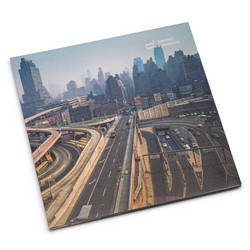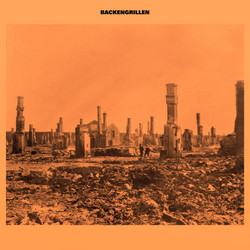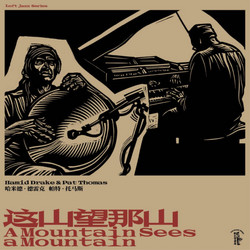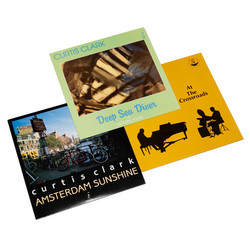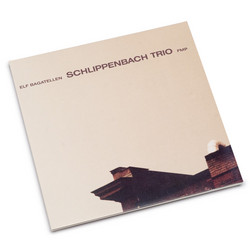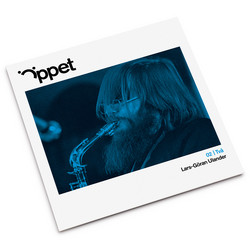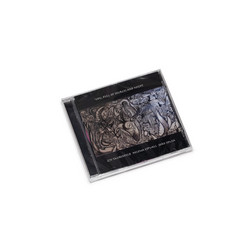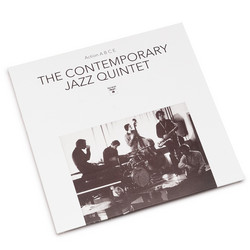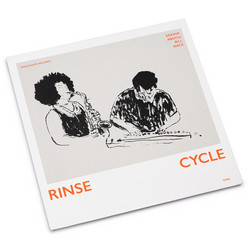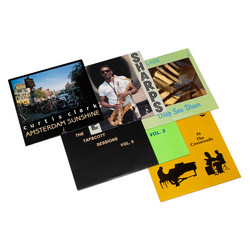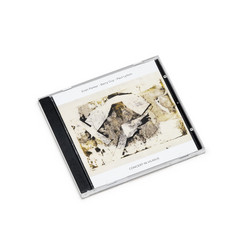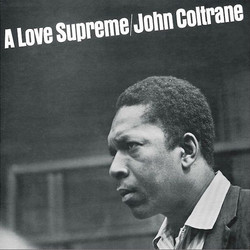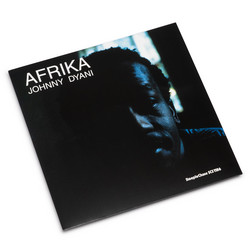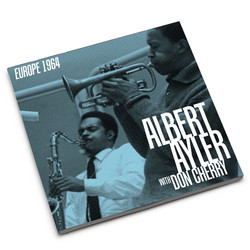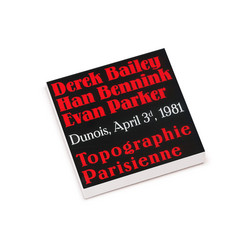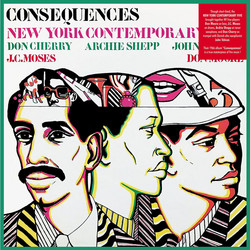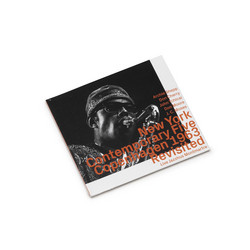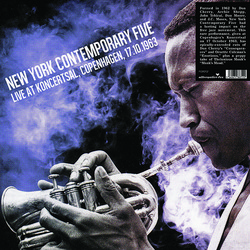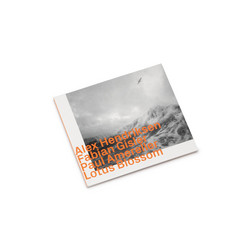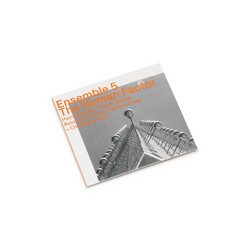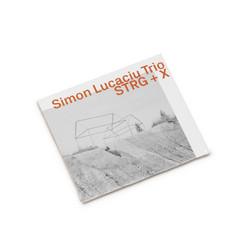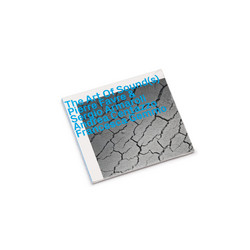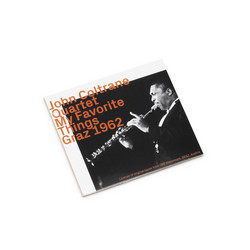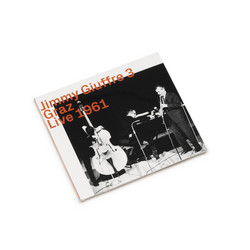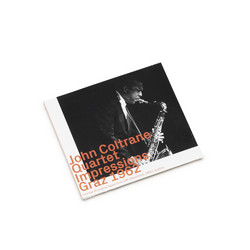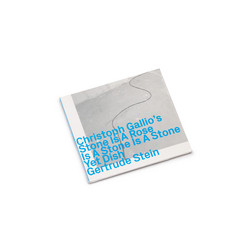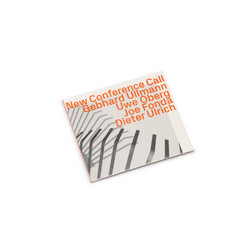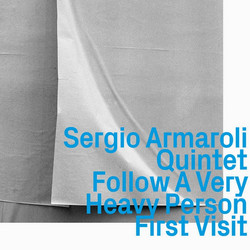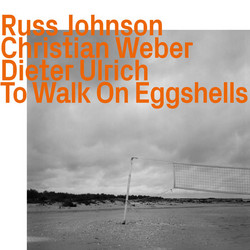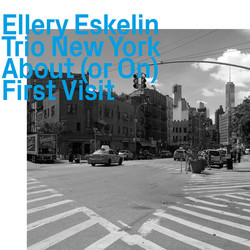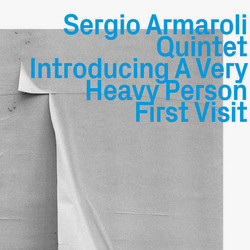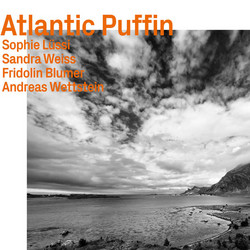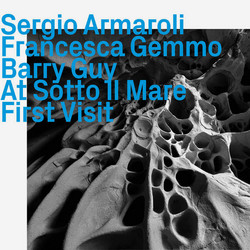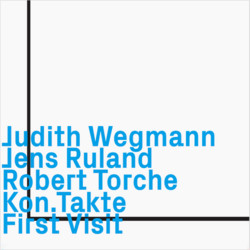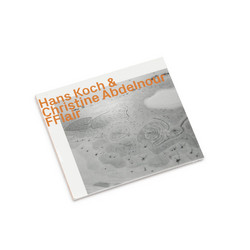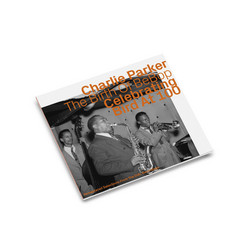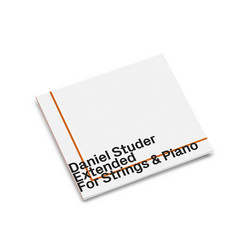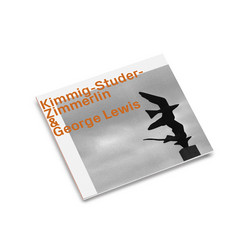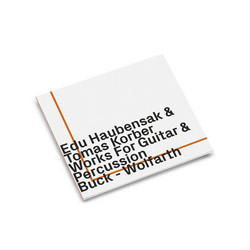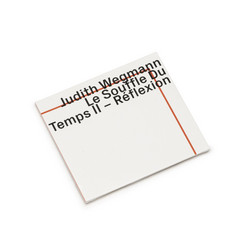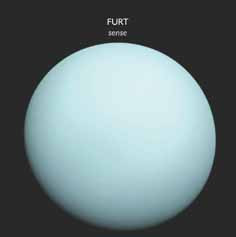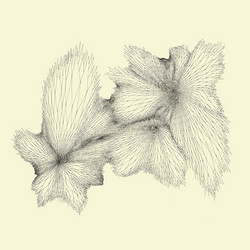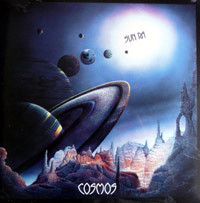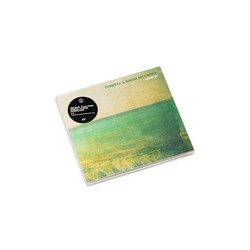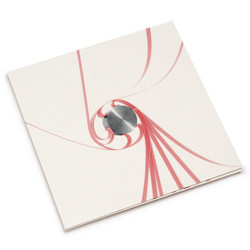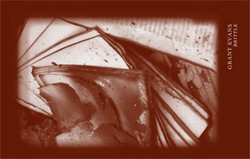The New York Contemporary Five
Consequences Revisited
Great jazz ensembles result from networking - word of mouth; chance encounters. The origins of New York Contemporary Five is an early example of a largely local process going international. Three months before recording their October 1962 Savoy quartet session, Archie Shepp and Bill Dixon travelled to Helsinki for the World Festival of Youth and Students, where they met John Tchicai and encouraged him to come to New York. By year's end, the saxophonist and his wife relocated from Denmark; he then quickly reconnected with Shepp and Dixon, and met Roswell Rudd. Through the first half of '63, Tchicai played with Shepp and/or Dixon in various line ups: an expanded Shepp-Dixon ensemble with Rudd was broadcasted by WBAI in February; a quartet with Dixon and Sunny Murray made a demo tape of Tchicai's For Helved in the spring; and other Shepp-Dixon configurations played Judson Hall and The Five Spot in May.
Dixon then stopped performing temporarily because of embouchure problems, prompting Shepp and Tchicai to form the Five. In addition to enlisting Don Cherry, recently departed from Sonny Rollins' quartet, they retained the Shepp-Dixon quartet's Don Moore, and brought on J.C. Moses, who had worked with Eric Dolphy and others. However, Dixon's presence was still felt in the new group's repertoire. In addition to his "Trio," the burnished waltz that opened the Shepp-Dixon album, the Five played the trumpeter's arrangements of Cherry's "Sound Barrier," (aka "Cisum"), Shepp's "[The] Funeral," and Tchicai's "Wo Wo," (aka "Hoppin'"), as well as pieces by Ornette Coleman and Thelonious Monk. They also played Rudd's arrangement of Shepp's "Rufus (Swung, his face at last to the wind, then his neck snapped)."
After a few weeks of rehearsals, the Five debuted August 17th at Harout's Restaurant in Greenwich Village, and then went into the studio on the 23rd. Cherry was hours late, prompting Shepp and Tchicai to record the quartet tracks that became Rufus, which, along with the Five's Consequences, was issued as part of Fontana's signal LP series documenting the New York avant-garde. Second, arguably richer, takes of "Hoppin'"/"Wo Wo" and "Rufus" (which fleshes out Rudd's arrangement, reprised the next year for Shepp's Four for Trane) were recorded after Cherry's arrival, along with the spiky "Sound Barrier," a simmering "Trio," and Dixon's lovely throughscored "Crepuscule with Nellie." These tracks, which comprised the bulk of Consequences, represented a broader scope of contemporary materials, one that encompassed Ornette, Monk and even Rollins, whose "St. Thomas" is quoted by Shepp in his "Sound Barrier" solo.
It is safe to assume that the enterprising Tchicai booked most of their European engagements practically upon the inception of the Five, as less than two weeks after the recording session they opened a two-week stand at Jazzhus Montmarte in Copenhagen. The Five toured for almost three months, performing for radio and television broadcasts in both Denmark and Sweden, and playing concert venues like Copenhagen's Tivolis Koncertsal, as well as jazz clubs like Stockholm's Gyllene Cirkeln. In Copenhagen mid-October, the Five recorded the "Consequences" that appeared on the Fontana record - note Shepp's pithy quoting of "We're in the Money." The session also yielded a recording of "Trio" that served as the soundtrack of Niels Holt's Force One. A love story with a jazz backdrop, the short film included performance footage of the Five at the Montmartre that was later synced to the studio recording.
Yet, the group disbanded after returning to the States. They reconvened on February 5th for the Savoy session released as the B side of the LP split with Dixon's 7-tette, with Moses and Moore replaced by Sunny Murray and Ronnie Boykins, and Ted Curson added as a second trumpet. Instead of the complementary compositional perspective of Consequences, the three tracks were all penned by Shepp; however, the contrasting sections of "Where Poppies Bloom" and the nascent Ellington tinge of "Like a Blessed Baby Lamb" reflected Shepp's expanding scope as a composer. The inclusion of "Consequences" provides a useful comparison with the Fontana recording, as the newer version was even more indicative of the mounting intensities that would be unleashed by the avant-garde in the coming months and years.
1964 proved to be a pivotal year for the Five's front line, with Cherry joining Albert Ayler's quartet, Shepp beginning his long tenure with Impulse, and Tchicai forming New York Art Quartet with Rudd, as well as instigating the Fontana series. Though short lived, New York Contemporary Five was one of the more consequential ensembles of the early 1960s."- Bill Shoemaker
